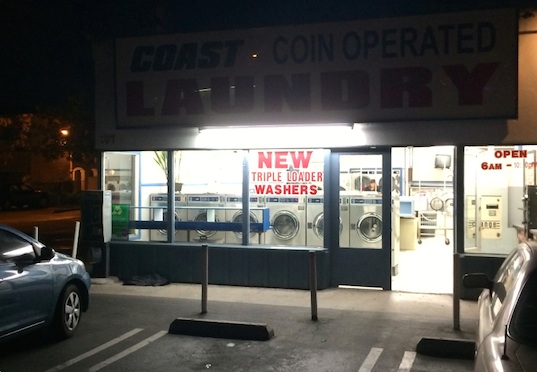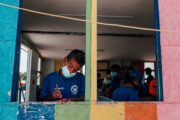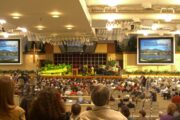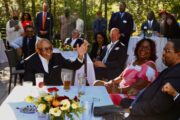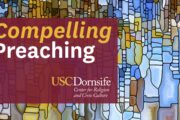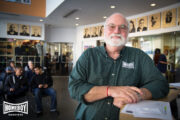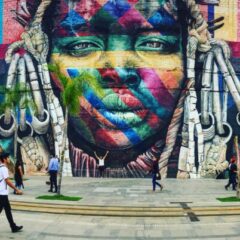Several years ago—2002 to be exact—I met an incredibly interesting young pastor named Greg Russinger. At the time, Greg was leading the Bridge Communities, an innovative church in Ventura, California. What was so striking about the Bridge Communities was that the intention to be of service to the city of Ventura was so prominent in the organization that one member commented to me that he had never been a part of a church that was focused more on taking the church to the people, rather than bringing people to the church. This encounter and many more were documented in our 2008 book, Finding Faith: The Spiritual Quest of the Post-Boomer Generation, in which we outlined several different ways that younger Christians were expressing and experiencing their faith.
The Bridge Communities developed many different programs that offered opportunities to “take the church to the people,” but one in particular stands out, mainly because it has now expanded to include many different faith communities across the United States. Laundry Love is a simple way to take the local congregation into the community. The fundamental premises of Laundry Love are that there are many people who find it difficult to make financial ends meet, that congregations should be actively involved in their communities and that an effective way of helping individuals in the community is to provide a place where people in difficult circumstances can get their laundry done for free. Thus volunteers from different congregations and community groups meet one night each month, pooling money, laundry soap and labor to help others in this most taken-for-granted task.
Watch a video about Laundry Love:
Of course doing laundry is only a part of what goes on at Laundry Love; relationships are established and lives are changed—and not usually in the ways that most middle-class, church-going people might expect. The Bridge Communities volunteers that I met in those early incarnations of Laundry Love all told me that their lives were irrevocably altered by offering their time, money and resources—and especially by developing friendships with those they were serving.
As a part of our RCCI project, we have counted approximately 15 different Laundry Love efforts in communities across Southern California. These programs are sponsored by individual congregations, by congregations in partnership with each other and by congregations in partnership with non-religious community groups. There is a fairly wide range of faith traditions represented in the groups that are forming these Laundry Love efforts, ranging from evangelical Christian to Mainline Protestant to Muslim congregations. Thus the evolution of Laundry Love from a relatively small, localized effort sponsored by one church in Ventura to a semi-faith-based initiative that has spread from Southern California across the country is both fascinating and incredible. It also speaks to important developments in a diverse set of religious communities.
My initial interpretations of why Laundry Love has struck such a chord is that it combines an easily replicable structure—any group can visit the Laundry Love website, request a free “Laundry Love Guide Book” and purchase a $25 “Laundry Love Start Box”—and taps into the desire of members of different faith groups to create a community in which people can find support, share similar beliefs and express their deepest spiritual commitments in tangible ways.
In Finding Faith we called this “expressive communalism.” In a society in which the common human touch is often missing, such groups can provide both the setting and organizational structure in which individuals can express who they are and what they are committed to. An initiative that provides a chance for people across denominations and traditions to meet in order to do laundry for others may just be the future of faith.
Richard Flory is the executive director of the USC Center for Religion and Civic Culture.
